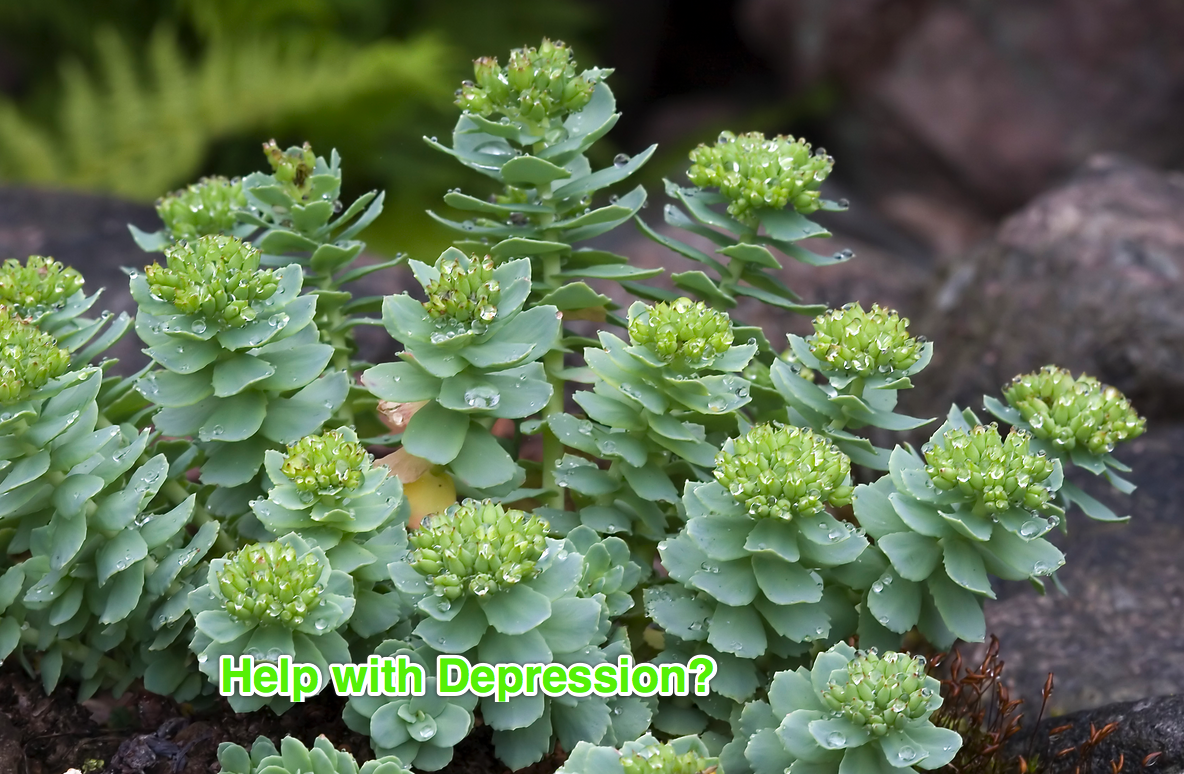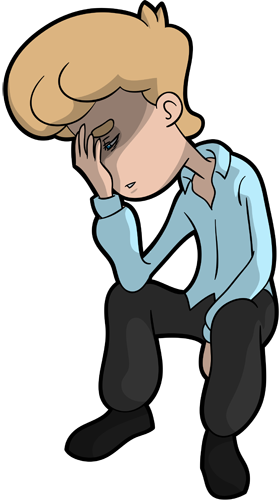is Depression becoming more common among U.S. teens?

 The number of U.S. adolescents and young adults with untreated depression may be on the rise, a recent study suggests.
The number of U.S. adolescents and young adults with untreated depression may be on the rise, a recent study suggests.
For youth ages 12 to 17, the prevalence of depression increased from 8.7 percent in 2005 to 11.3 percent in 2014, the study found. Among adults aged 18 to 25, the prevalence climbed from 8.8 percent to 9.6 percent during the study period.
- But there hasn’t been much change in the proportion of teens and young adults seeking mental health treatment.
“We already know that teens have much more depression than is currently being recognized or treated,” said Dr. Anne Glowinski, a child psychiatry researcher at Washington University in St. Louis who wrote an editorial accompanying the study.
“What this study adds is that rates of youth depression have significantly increased in the last decade and that the proportion of recognized/treated young people appears unchanged despite efforts to encourage pediatricians to focus on suicide prevention which includes more recognition and treatment of youth depression,” Glowinski added by email.
- Each year, about 1 in 11 teens and young adults suffers at least one episode of major depression, researchers report in Pediatrics.
To examine trends over time in the prevalence of depression and mental health treatment, researchers examined nationally representative survey data from more than 172,000 teens and almost 179,000 young adults.
Among other things, researchers asked participants if they had experienced a variety of symptoms that can point to depression, whether they had experienced an episode of major depression in the past year, and if they had seen a doctor or other health professional about these symptoms.
They also assessed whether the participants received treatments such as counseling or prescription medication.
 Compared to teens who didn’t report a major depressive episode, those who did were more likely to be older, not in school, unemployed, in households with single parents or no parents, and have substance abuse issues.
Compared to teens who didn’t report a major depressive episode, those who did were more likely to be older, not in school, unemployed, in households with single parents or no parents, and have substance abuse issues.
- Among young adults, those with depression were more likely to be female, black and have a substance abuse issue.
One limitation of the study is that researchers relied on young people to accurately recall and report any symptoms of depression or treatments for the condition, the authors note. The study didn’t include medical records and researchers couldn’t verify whether clinicians diagnosed depression in individual participants who reported symptoms or said they received treatment.
This suggests there’s room for parents, pediatricians and school and college counseling services to step up efforts to identify and help youth with mental health problems.

